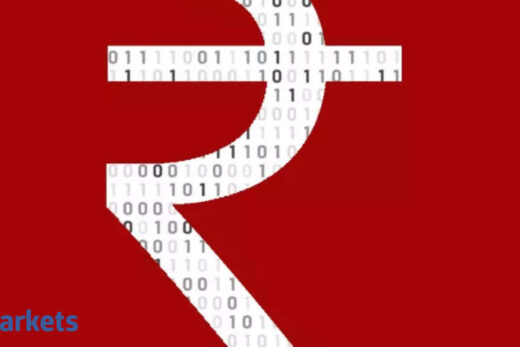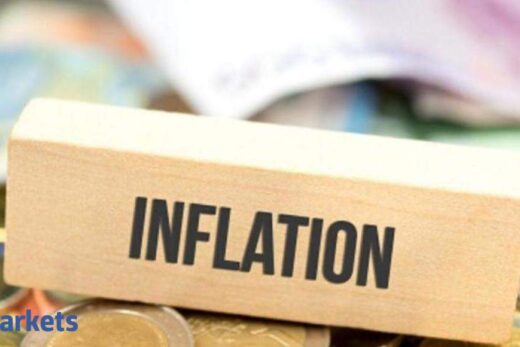Subbarao felt it is unfair on the MPC that it is effectively controlling only one half of the monetary policy, while the other half is still under RBI’s control.
Since the onset of the pandemic, the effective policy rate in the economy has been the reverse repo rate owing to a massive surplus of liquidity in the banking system. The reverse repo rate, which sits at 3.35 per cent against the repo rate of 4 per cent, has been dictating the cost of borrowing for banks in the overnight market.
“Under the current arrangement, the MPC gets to decide only the repo rate, while the RBI executive, independent of the MPC, decides on the reverse repo rate. At the same time, the MPC is accountable for delivering inflation within the target band. Making the MPC accountable for an outcome over which it does not have full control is both inappropriate and unfair,” Subbarao told ETMarkets.com in an interview.
The depressed levels of the reverse repo rate at a time when retail inflation has consistently shot above the MPC’s target of 4 per cent has caused fissures in the MPC lately, with external member Jayanth Varma asking for a reversal of the reverse repo rate to normal levels to keep up with the rise in inflation.
The former governor is firmly of the view that this disparity “needs to be fixed” in order to ensure that the MPC has all the tools available to meet its objectives of price stability while keeping in consideration optimum economic growth.
The inclusion of the reverse repo rate is not the only tool that Subbarao wants under the MPC. The former governor also suggested that the MPC’s mandate should have an escape clause for the RBI Governor in order to increase the swiftness with which RBI can act in times of distress.
“Throw your mind back to the Taper Tantrum days in 2013 when I was the Governor. We raised interest rate by a full percentage point to stem the fall in the rupee. Should a similar pressure situation arise in the future, will RBI find itself handicapped in acting swiftly because of the need to consult the MPC?” Subbarao argued.
To be sure, RBI was able to act swiftly and in cohesion at the start of the national lockdown in March 2020, as it called an emergency meeting of the rate-setting panel and decided to cut policy rate and boost liquidity.
Over the course of the national lockdown, the MPC held a few more emergency meetings to address the evolving economic situation and reacted promptly each time.
Subbarao also suggested that the external members of the MPC should be encouraged to speak and write more often on public platforms to help investors, financial markets and economists map their thinking on key matters of monetary policy.
“…beyond the minutes, we have no inkling of the reason for the way the members voted. The Governor and the Deputy Governor elaborate their points of view through speeches. We need to evolve a practice of the private members of the MPC being encouraged to write and speak publicly, outside of the shut period of course, about their views,” Subbarao said.
“This is the time-tested practice in advanced economies and we will benefit from adopting it,” he said.



